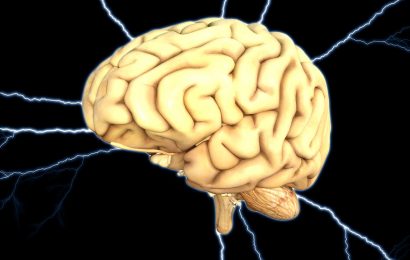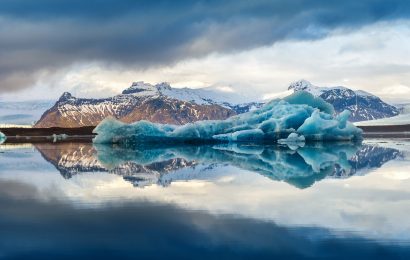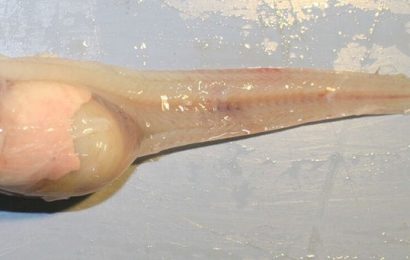France is facing its driest winter since 1959, with the country recording the longest winter drought since record-keeping began.
The drought has been caused by a winter heat wave that has gripped Europe, causing snow to melt prematurely in the French mountains, which is crucial to replenish depleted rivers and reservoirs. As a result, some water-abundant landmarks have been reduced to barren, muddied pits, and the country is facing water restrictions due to a lack of rainfall.
France is not the only one experiencing these severe conditions, with many other European countries also facing water shortages. Spain, Portugal, and Italy have all declared a state of emergency due to the severe droughts they are experiencing. The situation is so severe that the European Union has pledged €38 million to help the affected countries.
The drought is having a significant impact on agriculture, with farmers in France and other countries experiencing a significant reduction in crop yields. This is not only affecting the farmers but also the wider economy, as agriculture is a significant contributor to many European countries’ GDP. It is also having a significant impact on the environment, with many areas experiencing a significant loss of biodiversity. Rivers and lakes are drying up, which is causing fish and other aquatic animals to die. Forests and other natural areas are also at risk, with many trees dying due to the lack of water.
Governments in affected countries are urging people to reduce their water usage, and some areas have introduced water restrictions. However, more needs to be done to address the root causes of the problem, such as climate change and unsustainable water use. Urgent action is needed to prevent further damage to the environment and to ensure that countries can continue to provide essential resources such as water and food to their populations.
Source: usatoday.com



